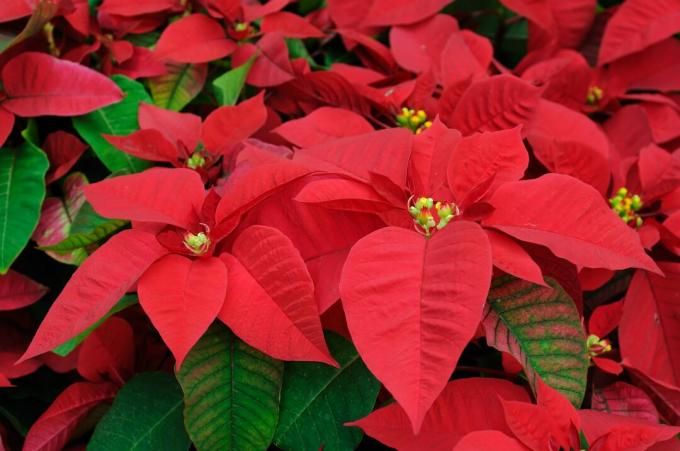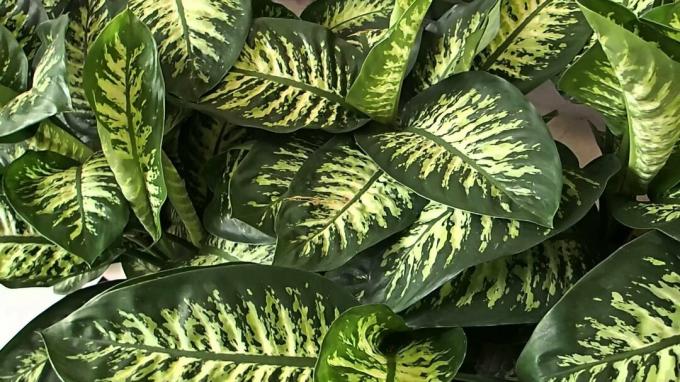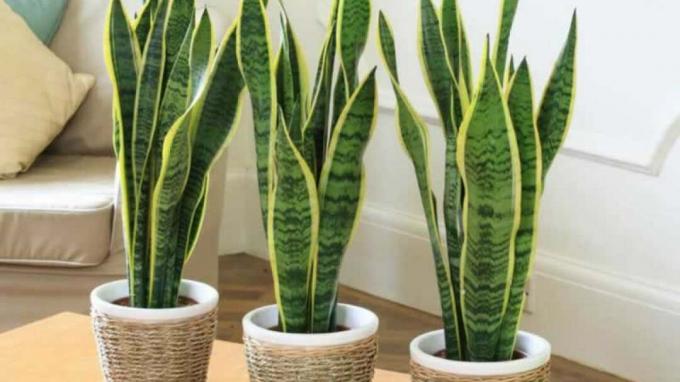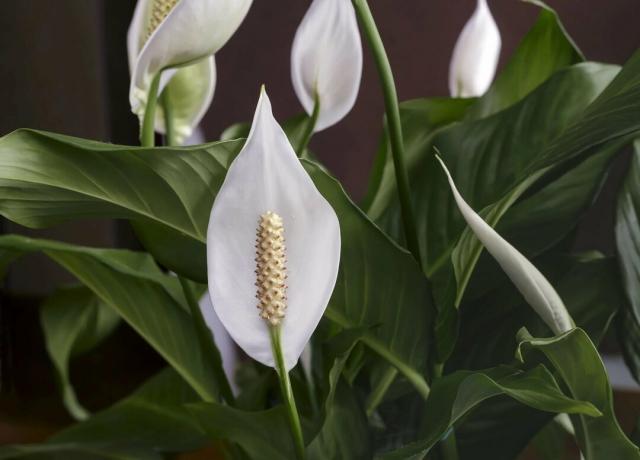Owners of a wonderful appearance, cockatiels, which originate from Australia, have become popular with pet lovers from all over the world.
These ornamental birds are charismatic and very smart, and can even learn gestures, whistles and some less complex words in everyday life with their owners.
see more
Hold the pen and discover hidden traits of your personality
How to Use Onion Skins to Nourish and Protect Your Garden
On the other hand, cockatiels are known for being somewhat fragile and can easily fall ill if they are not kept in their own places and under special care.
Among these special precautions is keeping cockatiels away from some plant species that may be toxic to them.
There are at least nine plants that, if ingested by cockatiels, can even kill them. Find out what these plants are!
9 prohibited plants for cockatiels
1. Anthurium

(Image: wirestock/Freepik/reproduction)
To open our list we have the Anthurium spp., a plant popularly known as Anthurium. Characterized by its red, heart-shaped leaves, it can cause severe irritation in the digestive tract of birds belonging to the cockatiel genetic branch.
2. Azalea

(Image: disclosure)
Azalea is a very common ornamental shrub in Brazilian homes, but if ingested by cockatiels it can cause vomiting, diarrhea and even heart attacks in animals.
3. parrot beak

(Image: disclosure)
A Euphorbia pulcherrima, better known as parrot's beak or “Christmas flower”, is a flower that generally has a very beautiful bright red hue.
The problem is that this plant also generates a milky sap that, if ingested by cockatiels and other pets, can cause severe gastrointestinal discomfort. You can't be too careful!
4. Nobody can with me

(Image: disclosure)
Another plant that has compounds that can cause irritation in the digestive tract of birds is nobody can, characterized by its large leaves. Do you have this plant in your home and raise cockatiels? So pay attention!
5. Sword of Saint George

(Image: disclosure)
The popular Sansevieria spp., better known as “Saint George's sword”, is another plant that can cause inflammation, diarrhea and vomiting if consumed by cockatiels.
6. Ivy

(Image: disclosure)
This species of vine is very common and can be used to decorate houses and places where cockatiels are kept.
Even, by sneaking into walls, the Hedera spp. it can easily be accessed by birds, but its ingestion is toxic to them.
7. Lily

(Image: disclosure)
Well, the beautiful lilies, which can be white, pink and orange and always have a wonderful perfume, can kill your pet cockatiel.
This is because the plant has highly toxic compounds that induce failure in the kidneys and other vital organs. Very careful!
8. Castor

(Image: disclosure)
Scientifically called Ricinus communis, castor beans are full of ricin, a substance that is toxic even to humans. In other words, if your cockatiel ingests parts of the leaves or fruits of this plant, it may not stand a chance.
9. Tulip

(Image: disclosure)
Symbols of the Netherlands (Holland), the beautiful tulips are quite an option when it comes to decorating homes, largely because of their incredible variety of colors.
However, if the house to be decorated has pets, especially birds, extra care must be taken. If ingested, any part of the tulip can lead to gastrointestinal problems in birds.
Graduated in History and Human Resources Technology. Passionate about writing, today he lives the dream of working professionally as a Web Content Writer, writing articles in several different niches and formats.

